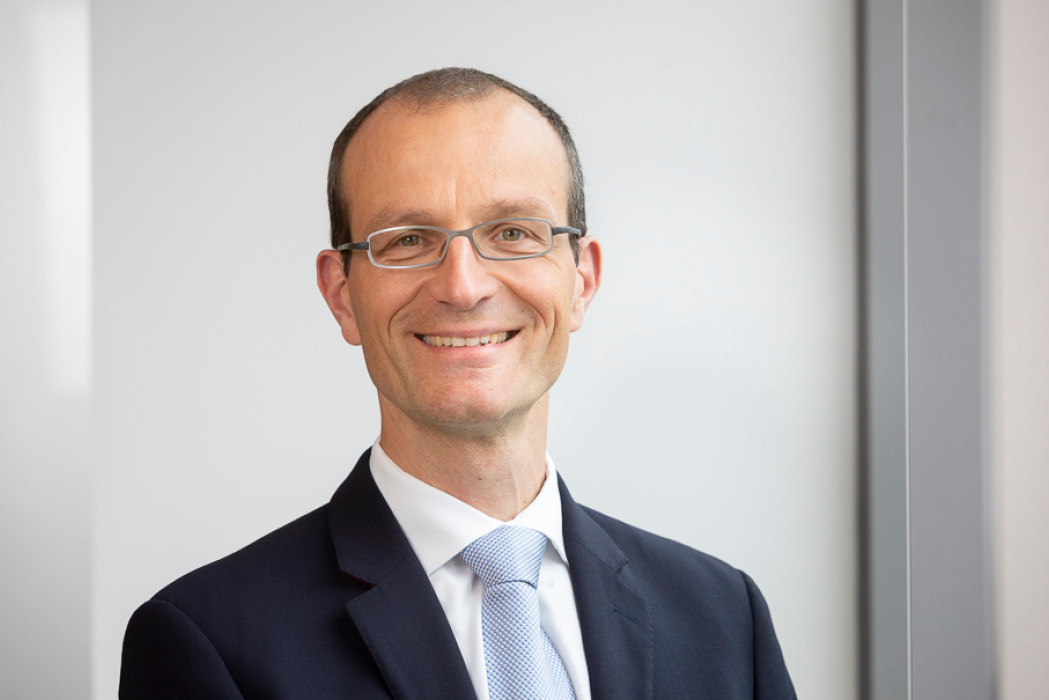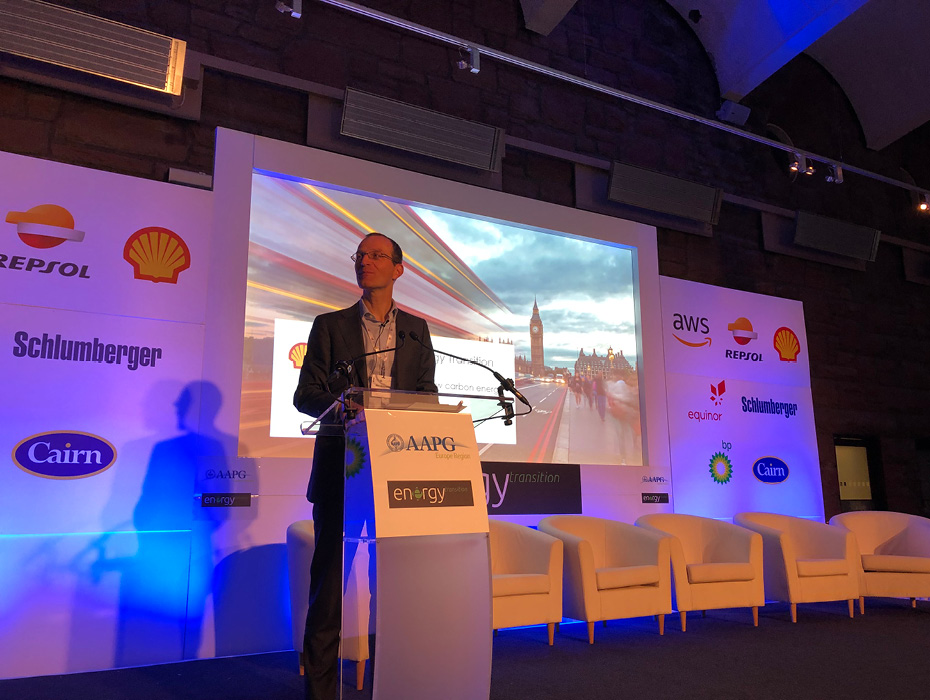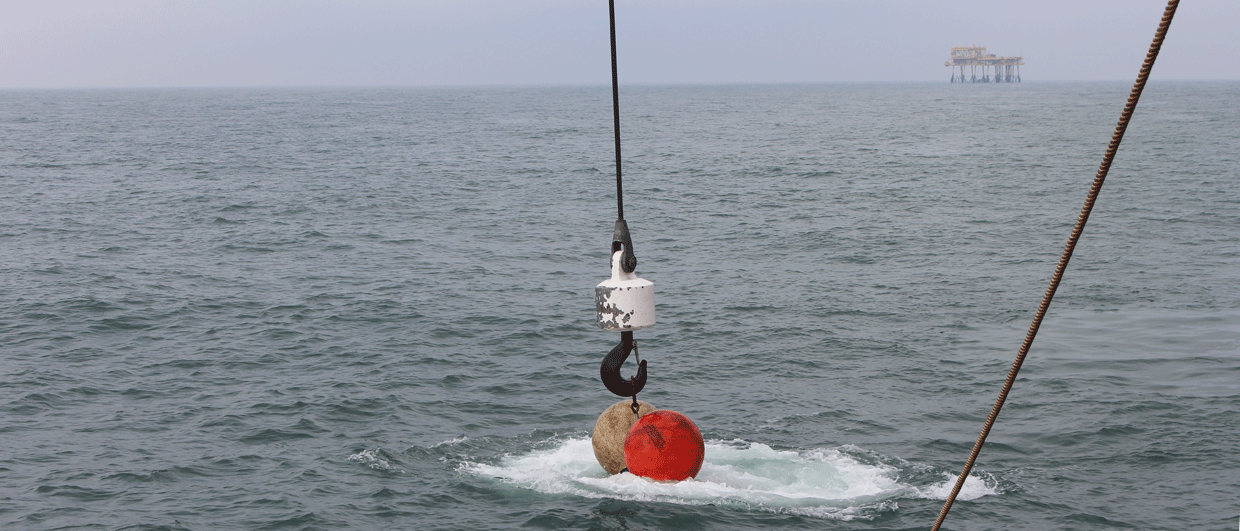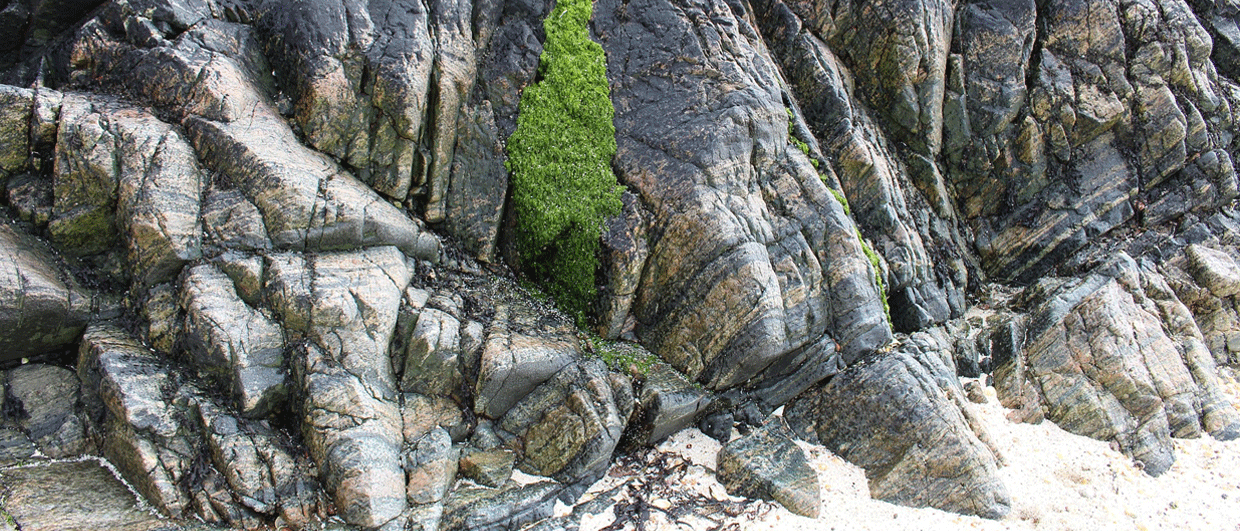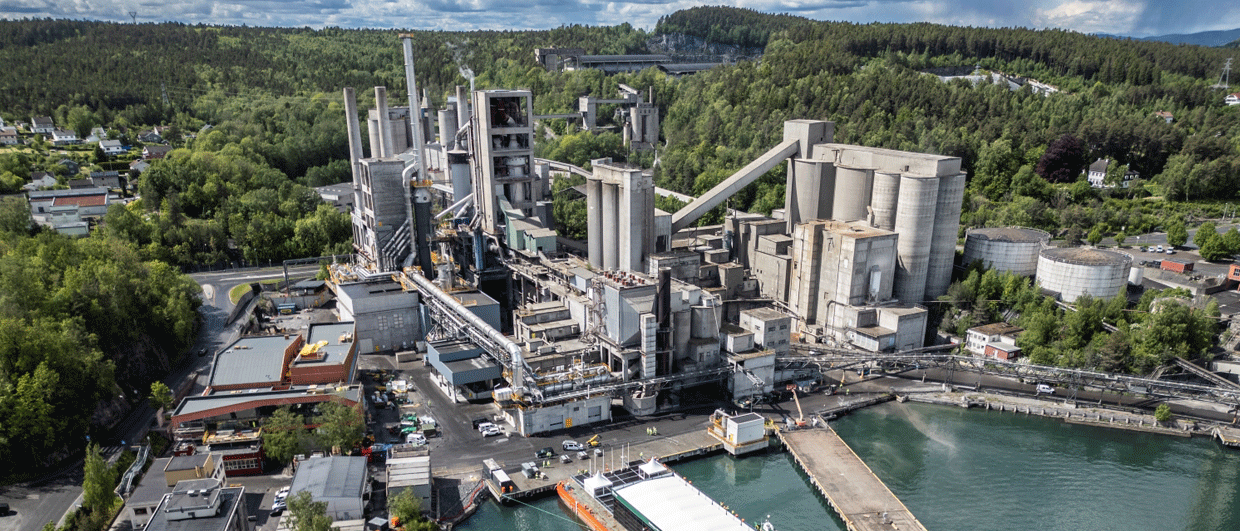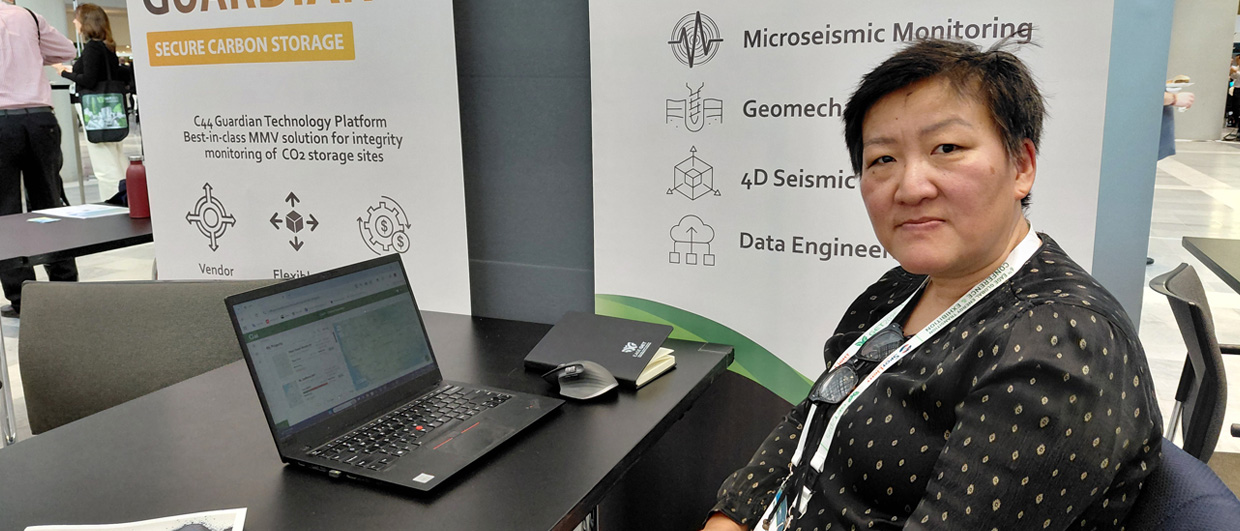Max Brouwers is an experienced geoscientist who spent 25 successful years with Shell. About six years ago, he began looking at the significance of the approaching energy transition, particularly for geoscientists.
“For some time, energy transition and digitalisation have been touted as the mega-forces that would shape our lives – which has turned out to be true!” Max Brouwers explains. “I was concerned, like many other geoscientists, that there would be no job for me in the not so distant future, so I began to look into it further.”
In 2018, Max was asked to Chair the first AAPG Energy Transition Forum. “I did not know enough about the subject, so I jumped at the opportunity,” he said. It proved so successful that AAPG held a session the following year, for which Max was once again the Chair, and he is now preparing to chair the 2022 Forum. This is a joint enterprise between AAPG and PESGB in London 19 – 20 May, focussing on ‘Pathways for Geoscientists in a Net Zero Future.’
“At the first two forums there were still many questions over the future role for geoscientists. Things have moved fast, and now I see four crucial areas that will require geoscientists in order to be successful.
Multiple roles for geoscientists
“The closest to traditional oil and gas disciplines is carbon capture and storage (CCS); particularly the storage part, which is all about fluid flow through wells and in reservoirs. It requires regional geoscience skills to identify and prioritise potential CO2 storage sites, as well as detailed field-specific integrated evaluation and modelling techniques. Regular monitoring has a larger role in carbon storage than in oil and gas to confirm the CO2 stays in the ground, needing skills such as 4D seismic and 4D gravity; all very transferrable with just a little tweaking.”
The second area Max identifies is geothermal energy. “This has been quite a challenge economically but I think that will change,” Max suggests. “The primary mover is technology. While CCS builds on traditional oil and gas practices, geothermal presents a greater technological jump, with completely different drilling methods and techniques, in many cases pushed by start-ups. Not all these new businesses will be successful, but some will achieve breakthrough technological advances and thereby make geothermal more economically attractive. Unlike wind and solar, geothermal energy is not weather dependant; we must develop a reliable baseload energy system, especially as many places turn away from alternative reliable sources. Heat flow predictions, reservoir quality assessments and 3D subsurface model building are some examples of geoscience skills required to harness geothermal energy.
“The third area relates to the critical minerals vital for the energy transition. I am worried that we are not training geoscientists for their role in looking for critical minerals, because mining companies cannot find geologists who can undertake the traditional field work needed to identify these new resources.”
The fourth, and probably the least developed, area in the energy transition where Max feels geoscientists can make a difference is around longer-term energy storage. “We really need to start thinking about how we store energy when the wind’s not blowing and the sun’s not shining,” he says. “That might include reusing old fields for gas storage, or storing green hydrogen in salt caverns. It will require, among others, geochemists who can understand the potential chemical reactions and rock mechanics experts to study the effects of repeated pressure and temperature changes.”
Entrepreneurs needed
Max believes that the energy transition needs people with an entrepreneurial mindset from outside oil and gas. “I like the idea of bringing technology from completely different sectors to help us make the innovations we need,” he adds.
How can we inspire people with the vision required for this transformation, including geologists, to enter the energy industry? “We need to communicate better; we need to tell the story and every time we tell it, hopefully somebody will be inspired to take on this uncertainty about the future. Geoscientists are used to seeing opportunities in uncertainty; that is the mindset we need for the energy transition.”
“Many ET start-ups are founded by oil and gas technical experts and executives, who recognise there is an opportunity to redeploy their skills and capabilities and make something new happen. This not only helps the energy transition and has a positive impact on the world; it offers attractive careers too.”
Finding the right balance
“Universities worldwide are experiencing declining geoscience applications,” Max continues. “Geology is seen as oil and gas related, which is out of favour at the moment in many places. We need to get across the critical role of geoscience in the energy transition and how that is aligned with our planet, so that young people can contribute by studying something integral to our future. How do we connect to students, to politicians, or the public? Each geoscientist has a role in telling that story.
“Subsidies and incentives will be required because the energy transition will not run purely by itself or be driven by commercial metrics, at least for a while. Some kind of stimulus is needed in order to make it happen, and governments must be aware of all stakeholders involved. Geoscientists in governmental and regulatory bodies will help to decide how much support should be offered to technologies at the early stages.”
“Energy system integration is where I see the big next development coming,” he continues. “Nobody I have come across in governments and regulators appears to have an integrated plan which effectively manages costs, carbon, reliability, energy security and all the other facets.
This integration will come and, once again, it will create opportunities for geoscientists to be involved in something where they use their in-depth knowledge of one particular aspect, while developing a breadth of knowledge to understand all those other energy sources and uses, in order to come up with smart integrated solutions.”
Changing roles
Part of Max’s most recent role with Shell was as global leader for energy transition in the exploration division, in which he was involved in setting strategy and looking at radical opportunities to generate new business models at the intersection of energy transition, digital and subsurface. After spending much of his time discussing the changing roles available to geoscientists, in 2021 he saw an opportunity to join a smaller company, Getech Group Plc (Getech), which applies geoscience and geospatial technologies to the energy transition, in the role of Chief Business Development Officer.
So, how has he found the change and would he recommend it? “Being part of a company supporting the energy transition is very satisfying,” he says. “I’m concentrating on finding business openings in the new green energy areas, which is hugely exciting. The opportunities are large, move fast, and there are so many of them, which gives me a lot of energy. And yes, from my experience I would recommend any geoscientist to look beyond traditional petroleum jobs – there are plenty of tremendous opportunities.”
Looking back to that first forum in Amsterdam, I ask Max what has surprised him in the changing energy industry since then. “How far and how fast we have moved since 2018,” he replies. “We have made great progress, partly because the social pressures are strengthening as we see the impact that climate change is having on all of us. The pathways are much clearer, the universities have modified their courses, and industry associations and many large companies have made adjustments to the new reality. The energy transition is accelerating in many different ways and I think there’s much more clarity about the opportunities and the vital role of geoscientists.
“As a global community we know we need to get to net zero. With commitment to find a cumulative solution, the push towards energy transition will only strengthen – which means that, for geoscientists, there’s a very bright future ahead,” Max concludes.


